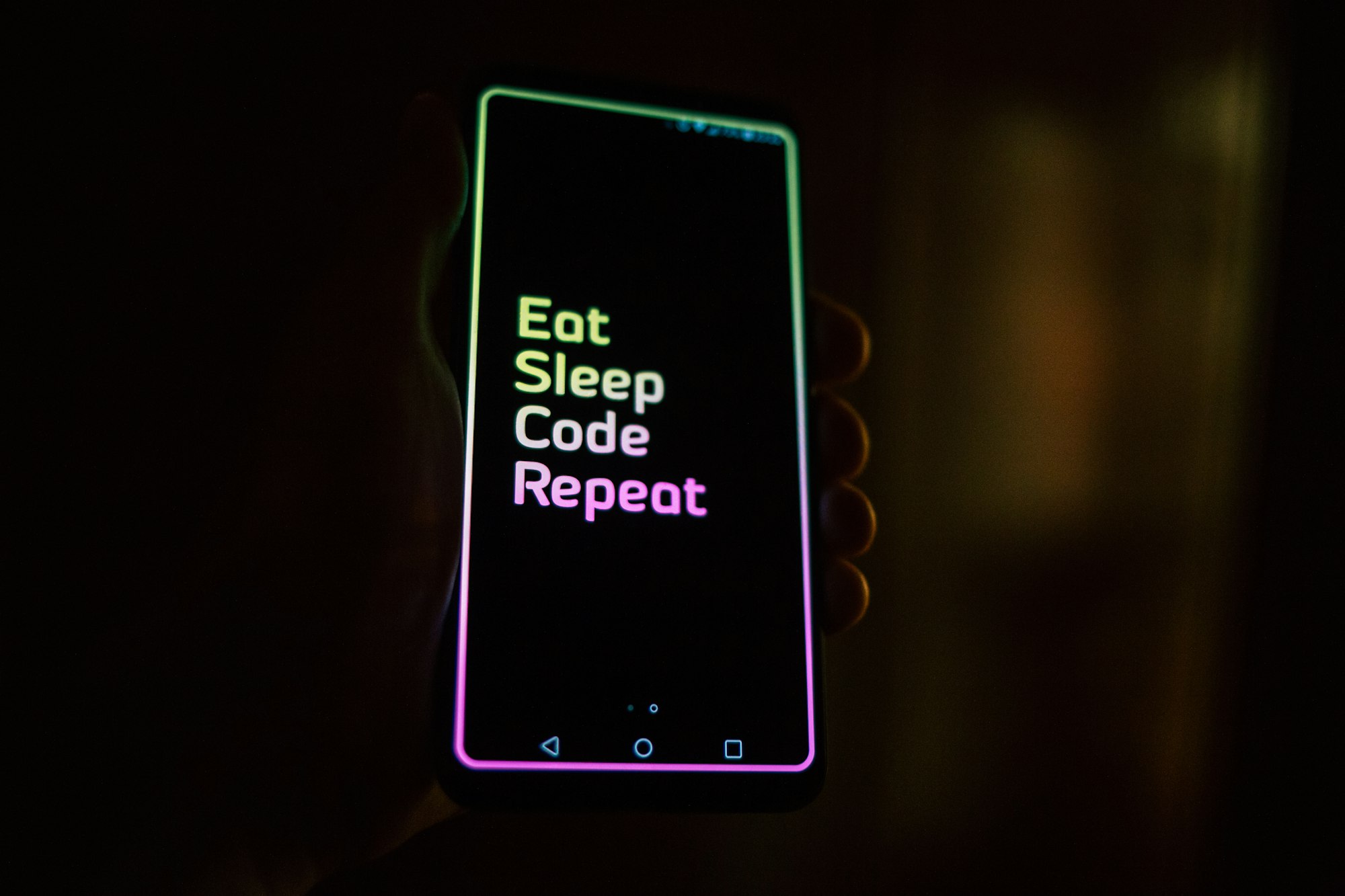Objective-C

Objective-C is a powerful, object-oriented programming language that was once the primary language used by Apple for iOS and macOS development. Although Swift has become the preferred language for Apple platforms, Objective-C still plays a vital role in maintaining legacy codebases and understanding how iOS applications were built before the Swift era.
This page will guide you through the essentials of Objective-C, from basic syntax to advanced features like memory management, classes, and protocols. Whether you're maintaining legacy code, learning the foundations of Apple development, or working with mixed Swift/Objective-C projects, this page provides all the resources you need to master Objective-C.
What You’ll Find Here:
- Introduction to Objective-C: Learn the history of Objective-C, its role in Apple development, and why it’s still relevant today.
- Objective-C Syntax & Structure: Master the basic syntax of Objective-C, including variables, operators, and control structures like loops and conditionals.
- Classes & Objects in Objective-C: Understand the fundamentals of object-oriented programming in Objective-C, including defining and using classes, creating objects, and managing inheritance.
- Objective-C Methods & Properties: Learn how to define methods and properties in Objective-C, including accessors (getters/setters) and property attributes.
- Memory Management in Objective-C: Discover how Objective-C handles memory management using reference counting and manual memory management (retain, release) before ARC (Automatic Reference Counting).
- Objective-C Protocols: Dive into protocols, which define a blueprint of methods and properties that can be adopted by classes and used for delegation.
- Categories & Extensions: Learn how to extend the functionality of existing classes in Objective-C with categories and extensions.
- Blocks in Objective-C: Understand how to use blocks (Objective-C’s version of closures) to encapsulate code and pass it around in your applications.
- Objective-C Exception Handling: Learn how to handle exceptions in Objective-C using
@try,@catch, and@finallyfor better error handling. - Foundation Framework: Explore the Foundation framework, which provides essential classes and utilities like strings, arrays, dictionaries, and file handling.
- Objective-C & Swift Interoperability: Learn how Objective-C and Swift can work together in a mixed-code project, and how to bridge between the two languages.
- Objective-C for iOS Development: Understand how to use Objective-C for iOS development, including building interfaces with UIKit, handling touch events, and managing the app lifecycle.
- Objective-C for macOS Development: Learn how to use Objective-C for building macOS applications, including working with the Cocoa framework and creating desktop applications.
- Debugging & Performance Optimization: Best practices for debugging and optimizing Objective-C code to improve app performance.
- Objective-C Best Practices: Explore best practices for writing clean, maintainable, and efficient Objective-C code.
- Testing in Objective-C: Learn how to write unit tests for your Objective-C applications using XCTest for better code reliability and quality.
- Deploying Objective-C Applications: A guide to packaging and deploying Objective-C applications to the App Store and distributing through Xcode.
Whether you're working on a legacy project, building iOS applications, or maintaining mixed-code apps, this page will help you master Objective-C and work efficiently with Apple’s development ecosystem.